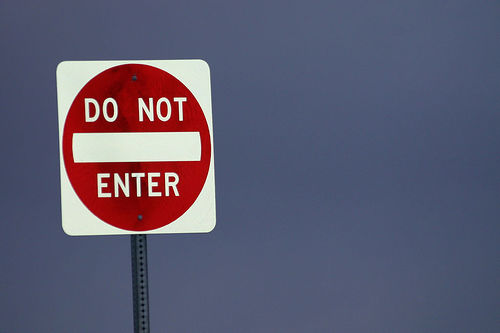Last night while driving home and engaging in a family discussion on dreams, my children asked me: “Imma, in which language do you dream?” I answered immediately that I have no idea. I explained that I really can’t remember my dreams but that I do know that there are areas in which I think entirely in Hebrew (shopping, home life, pedagogy, literacy, school-life…) and areas in which I think exclusively in English (everything connected to research, methodology, theory, technical instructions…).
After 25 or so years living in Israel, my life takes place in two languages which are now fairly equal in terms of my competence. My PhD study is an interesting mix of the two, demonstrating that my hasty answer to my children, describing clear boundaries between the languages wasn’t exact.
In a discussion with Brenton Doecke at the beginning of my PhD journey, he urged me to emphasize the bilingual nature of my inquiry and not to leave language as a back drop in my research (as I did in my MEd thesis). At that time I did not fully understand this request and could only relate to having sections of text or even specific terms left in the Hebrew original alongside translation. Today I can see how language is a central element in my professional context, permeating all my actions and understandings. My language is heavily soaked with cultural significance.
Yesterday, in a Skype meeting with Graham Parr, my supervisor, we talked about the transcription and the translation of my interview tapes. We agreed that while translating sections of the conversations, I will have a wonderful opportunity to zoom in on the responses from my participants (and my own) and should be able to reach rich understandings of both content and context. We spoke about the importance of being sensitive to the place of my two languages in this study – how I translate my data, how I tell my own narratives of my practice and how important cultural or institutional concepts (whether they are translatable or not) are presented in my writing.
There are many cultural messages playing in my ears as I make decisions about which references to read and their status in the academic world. One of the questions I will need to explore is the place of Israeli researchers in my work.
This morning, I decided to try to clarify my thoughts on the epistemology of my research by rereading a book written in Hebrew:
I decided to start with this reference as I have heard Gabriella Spector-Mersel explain the theories in many different forums and found them to be clear and accessible. I must be honest in saying that although I have no trouble reading academic texts in Hebrew, I usually do it only when I have to. I read in Hebrew as a member of my doctoral writing group and read articles and book chapters as preparation for the sessions of the Qualitative research interest group meetings at the Mofet institute. Other than those occasions, I will usually choose English references. I am now becoming aware that this is not only because reading academic texts is still easier and quicker, it is also because of the cultural messages prominent in the academic world (and indeed in Israel as well), that Hebrew references are less important and influential than those written in English.
Embarking on the task, I was hoping that reading what I have heard Gabriella explain and translating the material slowly from Hebrew into English would help me understand more. I expected this exercise would give me ideas for entry points into writing about my own understandings of epistemology. As a result of this reading I found translation to be an interesting way of approaching a text. It slows down my reading and forces me to grapple with the dense carpet of terms involved. I cannot write a sentence until I reach some degree of understanding. Hearing things said (as familiar as they may be) in a different language, does indeed shed light on the ideas expressed. I remember I wrote about this here when I heard a lecture about the ideas of Dorothy Smith on Institutional Ethnography at Bar Ilan University and here after I first joined the interest groups on Action research and Narrative Inquiry at the Mofet Institute.
Maybe I haven’t dealt much with epistemology but I have spent the morning thinking about language… and then again, much of what I have written is indeed connected to the nature of knowledge and its expression.






